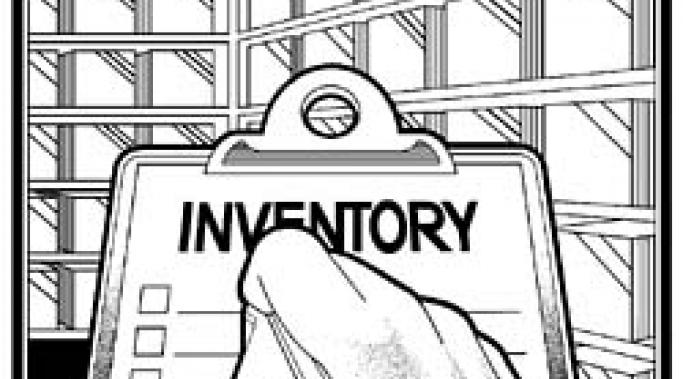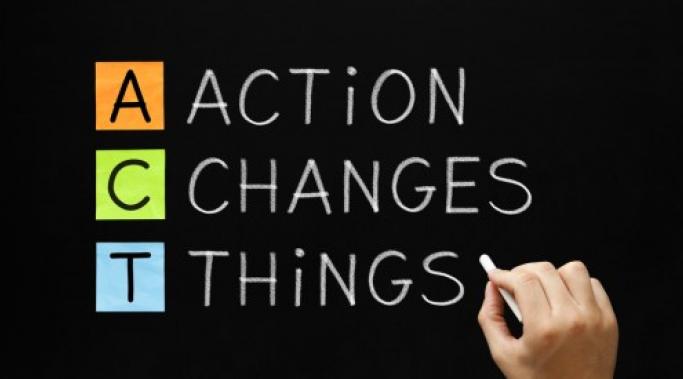You need to regain control over your life in early sobriety. At times like this, it's important to listen to the advice made by recovering addicts or recovering alcoholics who have been sober longer than you. A person who can stay sober through break-ups, marriages, deaths of loved ones, changing jobs, bankruptcy, and so on, probably has some good insight on how to cope with early sobriety. Perhaps this advice on regaining control of your life in early sobriety might help.
Addiction Recovery
Taking personal inventory in addiction and alcohol recovery on a regular basis is critical. Working through a situation by taking inventory in addiction and alcohol recovery is an empowering process.
Nearly one-third of adult Americans do not drink alcohol at all. Furthermore, another one-third of adult Americans consume less than one alcoholic drink per week. These figures from a Washington Post article astonished me; far more Americans don't drink alcohol or very light drinkers than I had realized.
Alcoholics often wonder if it's safe to eat food cooked with alcohol. After all, alcohol is used to cook many foods: pasta sauces, chocolates, jams and even cakes. Recovering alcoholics are often faced with the question, is it safe for me to consume this food or not?
It's clear to me now that alcoholism recovery is the most important part of my life. Within the recovery community, especially among those with long-term sobriety, the notion of all-or-nothing pervades our approach to life in sobriety. We all have our own set of priorities, but if we, as recovering addicts, place anything or anyone in a position of greater importance than our sobriety, we run the risk of relapse. As a result, this warning is often shared with men and women when they begin to get their life back in sobriety, "Be prepared to lose everything you place before your alcoholism recovery."
One thing I've learned is to take action in alcohol recovery and stop arguing. Recent well-publicized articles criticizing 12-step programs have been making the social media rounds and set off another flurry of commentary and response (of which I'm a part). I'd like to suggest, however, doing something that in some ways is becoming easier and easier to avoid in the world of instant information--get off the Internet, stop arguing and take action for alcohol recovery.
Depression and alcoholism as a dual diagnosis kept me in a downward spiral until I reached out and asked for help. I drank because I was depressed, and then the alcohol depressed me even more, thus encouraging me to self-medicate with more alcohol. Recovering from either depression or alcoholism alone is challenging enough; recovering from the dual diagnosis of depression and alcoholism often feels impossible.
How should you deal with a loved one who is actively addicted? For friends and family of addicts and alcoholics, this heartbreaking question constantly presents itself. Guidelines are helpful, but many instances will need to be addressed on a case by case basis.
If you've considered going to an addiction recovery meeting as a newcomer and changed your mind because you're afraid of who might be there, you're not alone. I'm often asked, "What kind of people come to recovery meetings? Do you feel safe there?" and so on. Mainly these questions are posed to me by people who have never seen skid-row -- let alone mixed in with the "wrong crowd" or got caught up in a bar fight. Because of the stigma associated with addicts, I understand why outsiders may assume that everyone in recovery meetings are seedy, untrustworthy, and dangerous people, but most people are not like that. These personal safety tips for newcomers to recovery meetings may make you feel more safe.
I used to lie all the time. In my addiction, I lied constantly to cover up my drinking (not that it worked). Even before I started drinking, I lied about my mental health issues because I thought if people knew what was going on inside my head, they would think I was weird (they still did). It wasn't until I got sober that I realized how dishonest I had been on a daily basis and the importance of honesty in addiction recovery.







